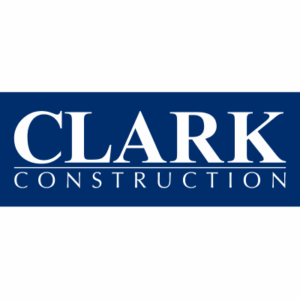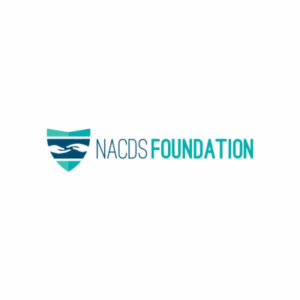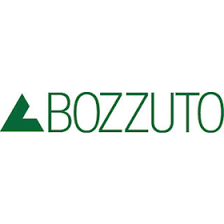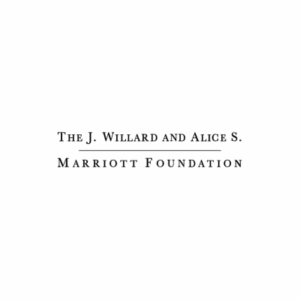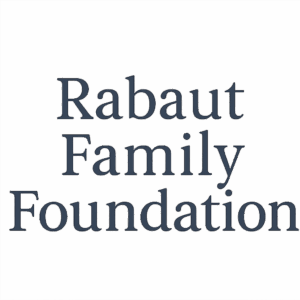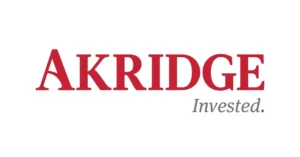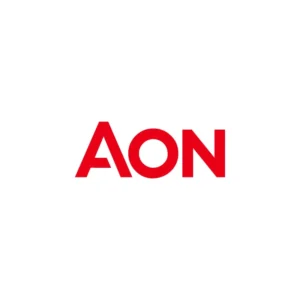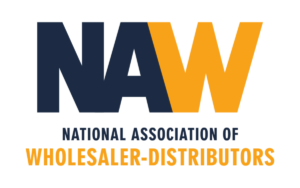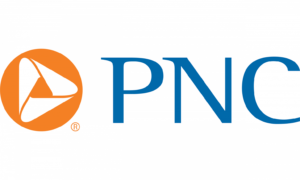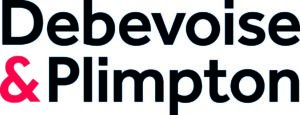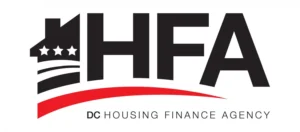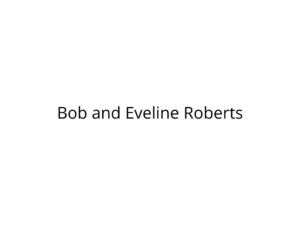The blog text below is from testimony submitted by SOME to the Committee on Housing and Neighborhood Revitalization at the D.C. Housing Authority Fiscal Year 2019-2020 (FY2019-2020) Performance Oversight Hearing.
Good morning, Chairperson Bonds and members of the Committee.
My name is Nechama Masliansky. I am the Senior Advocacy Advisor at SOME, Inc. (also known as So Others Might Eat). Thank you for the opportunity to testify at this Fiscal Year 2019-2020 Performance Oversight Hearing on the District of Columbia Housing Authority (DCHA).
SOME is an interfaith and non-profit organization that—for nearly 50 years—has provided comprehensive services to District residents who are homeless or at risk of homelessness. We help people move toward stability and self-sufficiency. SOME recognized 15 years ago that the lack of affordable housing in the city drives people into homelessness, so we started our Housing Development Initiative with the goal of developing 1,000 net new units for 2,000 homeless and low-income District residents. To date, we have developed 740 new units that are home to more than 1,200 persons, each of whom receives individualized supportive services. Stable and dignified housing such as SOME’s, with supportive services, helps District residents transform their lives.
The DCHA has been and continues to be an important partner in our Housing Development effort.
The Local Rent Supplement Program (LRSP), administered by DCHA, has been an essential tool in that effort. Project-based or Sponsor-based LRSP is essential for developing affordable housing for extremely low-income tenants, who cannot afford to pay rental amounts sufficient to maintain the buildings. For example, the Fair Market Rent for a two-bedroom apartment in the District this year is $1,707/month. But an extremely low-income household (as defined by HUD) can afford only $910/month in rent.
With LRSP that goes with the unit, developers can and do leverage loans and other funds to make this housing possible and to keep the housing in good condition into the future. The LRSP was initiated in Fiscal Year 2007.
Citywide, to date, Project-based and Sponsor-based LRSP has made housing possible for approximately 1,525 households, with 802 more units in the pipeline. At SOME alone, LRSP has enabled the development of 459 units of housing for adults (including seniors) and children at nine different sites.
The current cumulative statistics on P/S-based LRSP units, in the pipeline or completed, are as follows.
Project Pipeline Status Update |
||
| Status | Total Projects | Total Units |
| Awarded | 0 | 0 |
| Reserved | 15 | 258 |
| Committed | 9 | 226 |
| Under Construction | 16 | 318 |
| Pipeline Subtotal | 40 | 802 |
| Online | 61 | 1525 |
| TOTAL | 101 | 2,327 |
Definition of Terms
| Term | Description |
| Awarded | The project has been given an initial award through DHCD Consolidated NOFA |
| Reserved | The DCHA Board of Commissioners has authorized DCHA to proceed with the contract execution process |
| Committed | DC Council approval of Agreement to Enter into Long Term Subsidy Contract (ALTSC) |
| Under Construction | ALTSC has been executed and the project is under construction |
| Online | Construction is complete, units have passed HQS Inspection and Long Term Subsidy Contract (LTSC) has been executed. |
We look forward to discussing with you later this month the amount of LRSP that will be needed to partner with the Housing Production Trust Fund in FY21.
We cannot leave this Hearing without expressing ongoing concerns about DCHA’s urgent need for comprehensive and wise planning (long-term as well as short-term) plus adequate funding for thorough renovation and replacement of dangerous and unhealthful Public Housing units.
We share the concerns of advocacy partners who have invested significant time in working with DCHA leadership to clarify such issues as relocation of residents; the ability of residents to return in a timely manner; DCHA retention of control/ownership of sites they already own; financial leverage; and lack of clarity as to whether HUD financial commitments for these purposes are firm and reliable.
We appreciate the openness of DCHA’s leadership to that dialogue. Thank you for the opportunity to testify.




